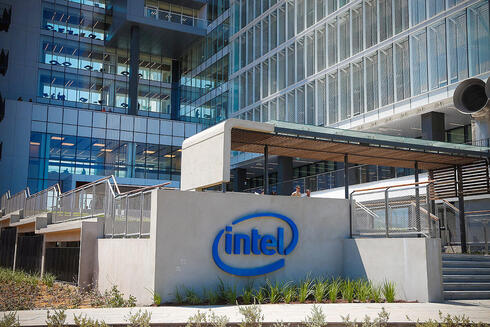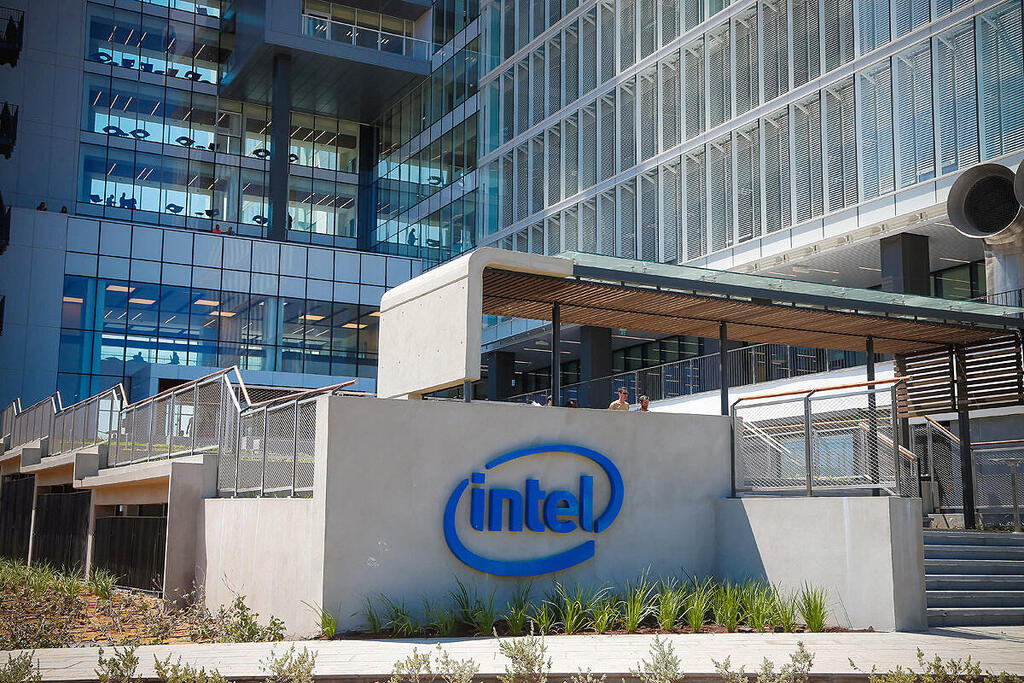
Intel nears $8.5 billion U.S. funding as Qualcomm and Arm circle for acquisition
Chip giant's future hangs in the balance with government aid and takeover interest from industry rivals.
Intel is in the spotlight as it navigates a critical phase, with the U.S. government poised to finalize $8.5 billion in direct funding for the chipmaker, while major industry players like Qualcomm and Arm Holdings have approached the company regarding potential acquisitions. According to a Financial Times report, Intel is in advanced talks with the U.S. government, though there is no guarantee the deal will close before the end of 2024. The funding, part of President Biden's broader initiative to strengthen domestic semiconductor production, includes grants and loans to support Intel's operations in Arizona, where it plans to build two new factories and modernize an existing facility. The total package is expected to include up to $20 billion in aid, with $8.5 billion in grants and $11 billion in loans.
However, these funding discussions are happening amid increasing interest in Intel’s business from competitors. Qualcomm and Arm Holdings have both expressed interest in acquiring parts of Intel. Qualcomm, the U.S.-based chip giant, recently approached Intel about a potential acquisition, a move that could significantly reshape the sector. Meanwhile, Arm Holdings, the British semiconductor firm, reportedly explored acquiring Intel’s product division, though Intel made it clear that the business was not for sale, according to Bloomberg.
Intel’s current position in the semiconductor industry is a far cry from its dominant past. Once the leading force in chip manufacturing, Intel has lost its manufacturing edge to Taiwan Semiconductor Manufacturing Co. (TSMC) and missed out on the generative artificial intelligence boom, a market successfully seized by Nvidia and AMD. As it attempts to turn its fortunes around, Intel has been focusing on AI processors and expanding its contract chip manufacturing business, also known as a foundry.
In addition to exploring new strategic directions, Intel has been scaling back other operations. The company plans to pause the construction of factories in Poland and Germany and reduce its real estate holdings as part of its broader efforts to refocus and streamline operations. Whether the U.S. government funding and Intel's strategic shifts will be enough to stave off potential acquisition offers remains uncertain, but the company’s future is undeniably at a pivotal crossroads.
Reuters contributed to this report















